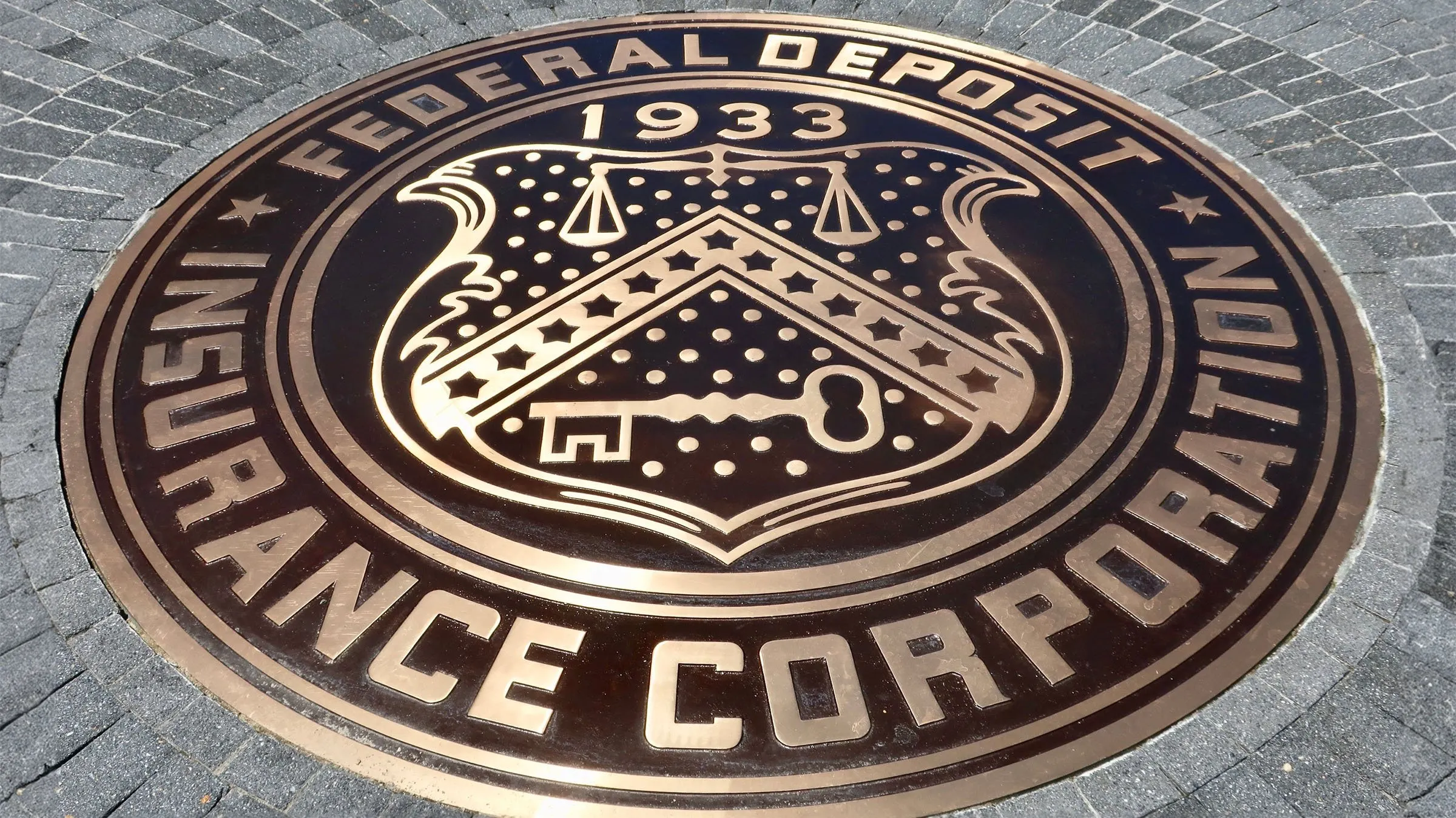A redacted report detailing the Federal Deposit Insurance Corporation’s internal communications about crypto-related banking activities has reignited calls for accountability in U.S. financial oversight.
Attorney John E. Deaton, a prominent crypto advocate and former Senate candidate, has urged Congress to investigate what he alleges is a coordinated effort by regulators to marginalize the digital asset sector through "Operation ChokePoint 2.0."
The documents, first released through a court order to publicly traded crypto exchange Coinbase in November, outline FDIC directives advising banks to pause crypto-related services while under review.
Critics, including Deaton, argue the directives reveal an orchestrated attempt to restrict access to essential financial infrastructure, potentially stifling lawful businesses within the burgeoning sector.
“What we’ve learned thus far suggests coordinated, multi-agency action driven by political agendas rather than sound policy or law,” Deaton tweeted Saturday.
Deaton, who unsuccessfully challenged Senator Elizabeth Warren in the 2024 Massachusetts Senate race on a pro-crypto platform, described the implications of ChokePoint 2.0 as transcending the crypto industry.
“This isn’t just a fight for crypto,” Deaton said. “It’s a fight against the erosion of institutional integrity and the unchecked power of unelected bureaucrats.”
Warren, a vocal crypto critic, won reelection by a significant margin, maintaining her influence in shaping U.S. financial policy. Deaton, meanwhile, has continued his advocacy, pledging to lead an investigation into what he claims is regulatory overreach.
Actions like those outlined in the FDIC report could set a dangerous precedent by enabling agencies to stifle innovation and selectively enforce laws without proper oversight, Deaton asserts.
The controversy echoes prior disputes involving Custodia Bank, which sued the Federal Reserve after being denied a master account.
Deaton has labeled Custodia’s case as pivotal, warning it underscores the growing influence of regulatory bodies over private enterprises.
The FDIC has defended its oversight practices, citing the need to evaluate risks tied to volatile markets.
However, Deaton argues that emerging evidence suggests political motivations may underlie some regulatory actions rather than adherence to sound policy.

